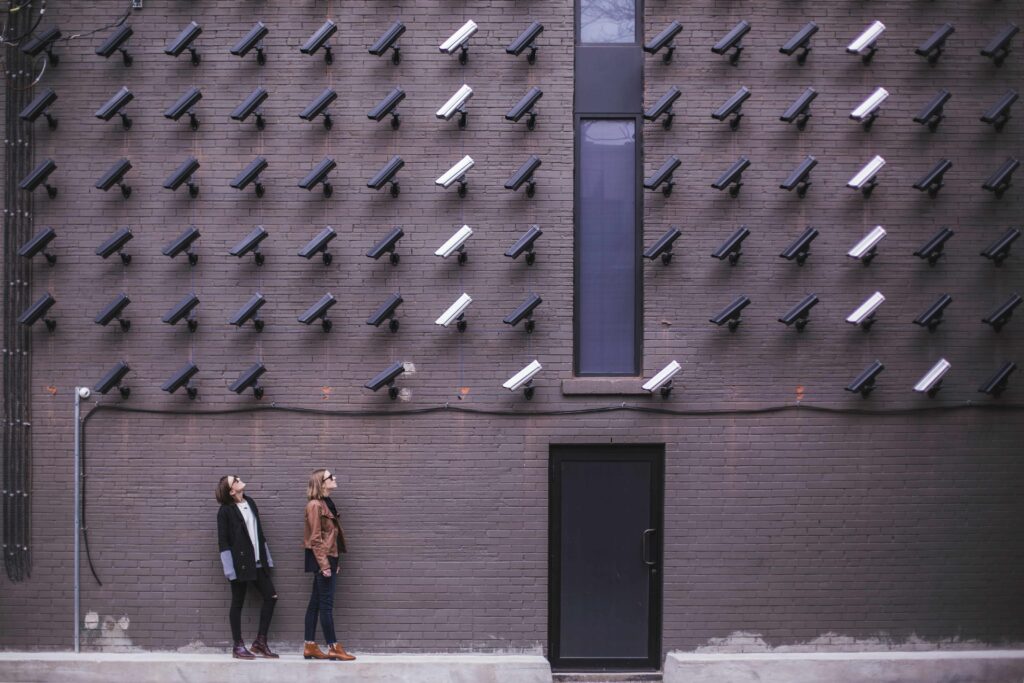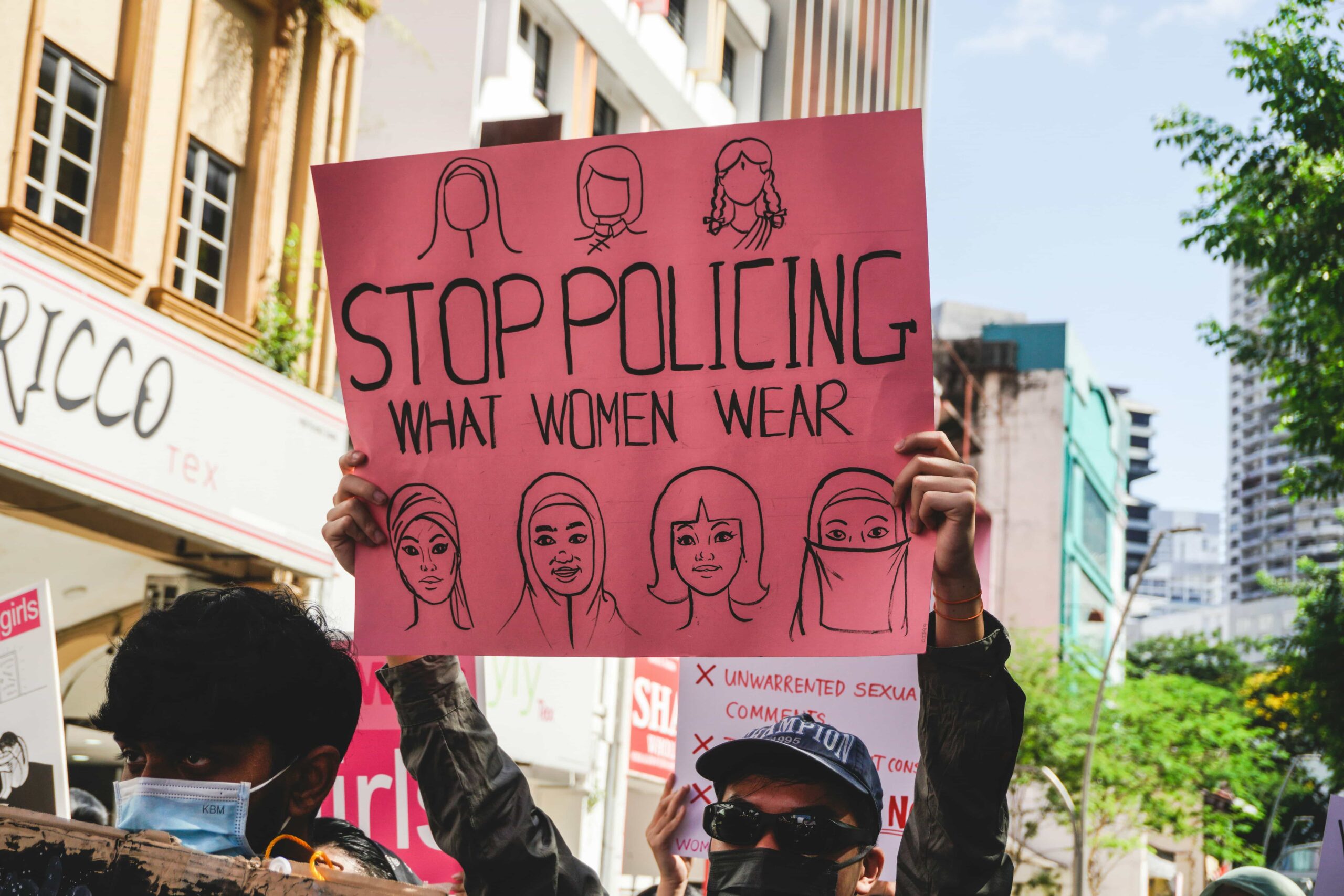A conference on how state surveillance and policing affect gender dynamics
Gender is how we define ourselves, how we communicate, and how we interact with each other as sexual beings. Sexuality involves the physical, embodied dimension of who we are. There are countless ways of living and expressing sexuality given the complexity and diversity of people. And yet, powerful institutions and authorities have an interest in restricting gender and sex to maintain their grasp over thought and behavior. Most religious authorities, for example, try to control gender expression and sexual behavior in service of a patriarchal perspective of divine power. Similarly, the state has historically reinforced sex and gender as a rigid binary to facilitate its control over the economic, political, and reproductive decisions people make.
Surveillance technologies are key to the state executing this agenda.

For theorists of sex and gender, the most compelling question is not so much who people are. Rather, the important question is, “Who gets to control who people can be, and why?” Similarly, they pose the question: “What is the state’s interest in discriminating against people based on their identity, expression and intimate relationships?” Of course, people are social and not purely individual, and so there are some legitimate reasons why the sex and gender of an individual are shaped by others. But to what extent are “traditional” notions of sex and gender shaped by what is healthy for the heart and mind of the individual? And how much is controlled because it benefits male-dominated institutions and power structures?

Gender: What Does the State Have to Do with It?
Following are some of the ways that the state (and the religious institutions aligned with it) use gendered logic in the name of national security:
- Repression of assembly and activism: When people organize to protect their rights (gender rights, for instance), why are they the target of government repression when other groups are not? Which groups and identities are labeled “terrorists” or “extremists”? Which groups can avoid these labels?
- Policing identity: From the vantage point of male-dominated power structures, what are the acceptable forms of being “male” and “female,” and what are the consequences for individuals who do not fit neatly into this binary?
- National security narratives: A wide array of identities and behaviors can be misconstrued by the state as a threat to national security or national identity.
- Media misrepresentations: How do media depictions of different groups aid the security objectives of the state?
- Surveillance: Which groups are targeted by government surveillance practices?
- Gender-based violence: Violence is often inflicted on women and LGBTQ individuals as a way of intimidating these groups to conform to traditional roles. Examples of this are homophobic violence, misogynistic attacks, and femicide. What happens when state actors are directly involved in these attacks, or otherwise turn a blind eye to gender-based vigilantism? On the other hand, how are male-identifying individuals uniquely targeted by police and security forces?
- Torture: The state uses tactics of violence and humiliation based on gender in its interrogation practices.
- Restricting reproductive choice: Why do state actors influence the choices that individuals and families make about their sexual behavior, pregnancy, abortion, and sexual preference?
Religion, Gender, and the Politics of State Security: A Conference
Arrests, disappearances, torture, and the use of informants have a destabilizing effect on communities and have led to the reconstitution and reorganizing of social relations. Family relations and behaviors, as well as sexual liaisons, are also impacted by security discourses and practices.
—From the Religion, Gender, and the Politics of State Security website
What is the role of religion in shaping the security state? How do gender and religion factor into colonial state power? How does state terrorism infiltrate private spaces and the private choices we make? What are the ways that surveillance technologies shape how minorities are perceived and controlled? The conference marked the launch of a wide array of projects, discussions, and research endeavors organized by Religion, Gender, and the Politics of State Security (RGPSS) that stem from these questions.
The RGPSS project at Yale University is a multidisciplinary project designed to explore how the state uses security as a justification for policing people’s sex and gender. Particularly, it focuses on how the state exerts this control in the lives of racial and religious minority communities. Among the communities studied by RGPSS are Muslims in India and Kenya, Muslims and Christians in Israel, and Sikhs and Muslims in the United States impacted by “war on terror” policies.
From August 14th to August 16th 2017, the RGPSS program organized a conference, held August 14 to 16, 2017, consisting of four panels and two discussions centered around its focal research questions.



